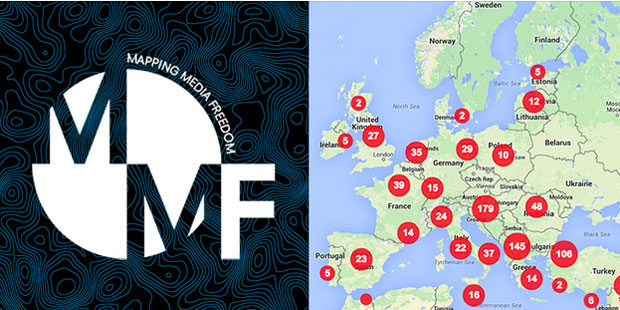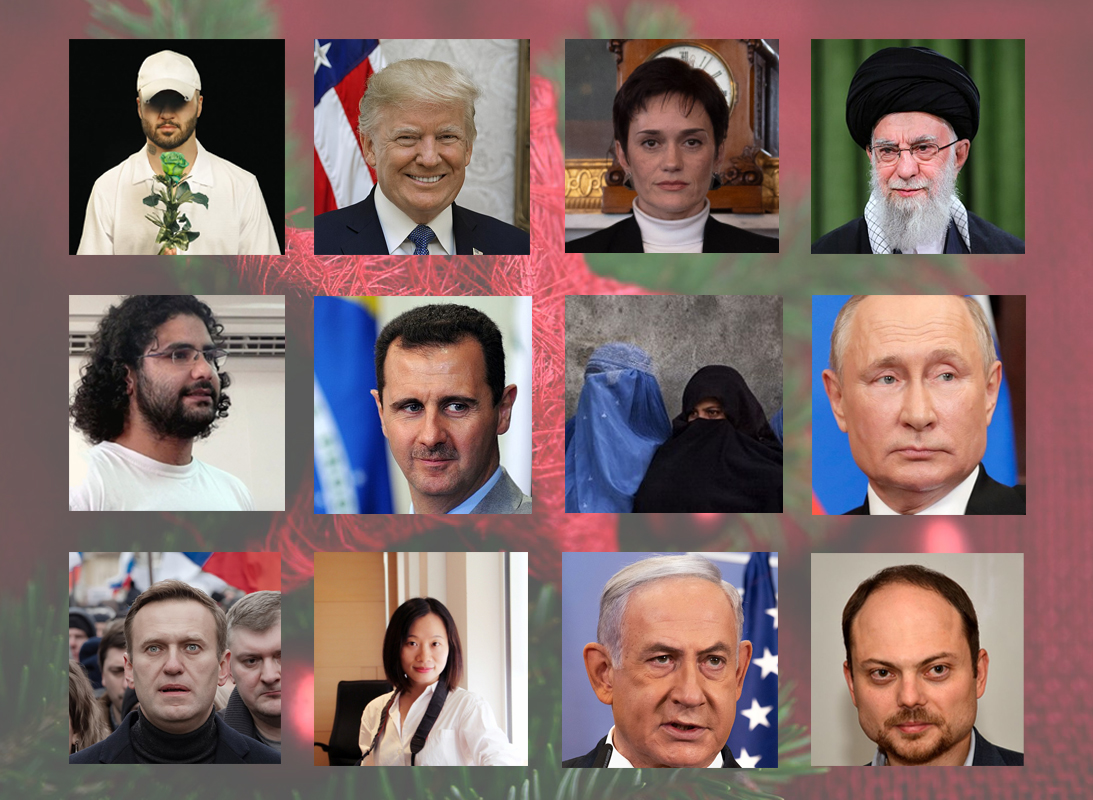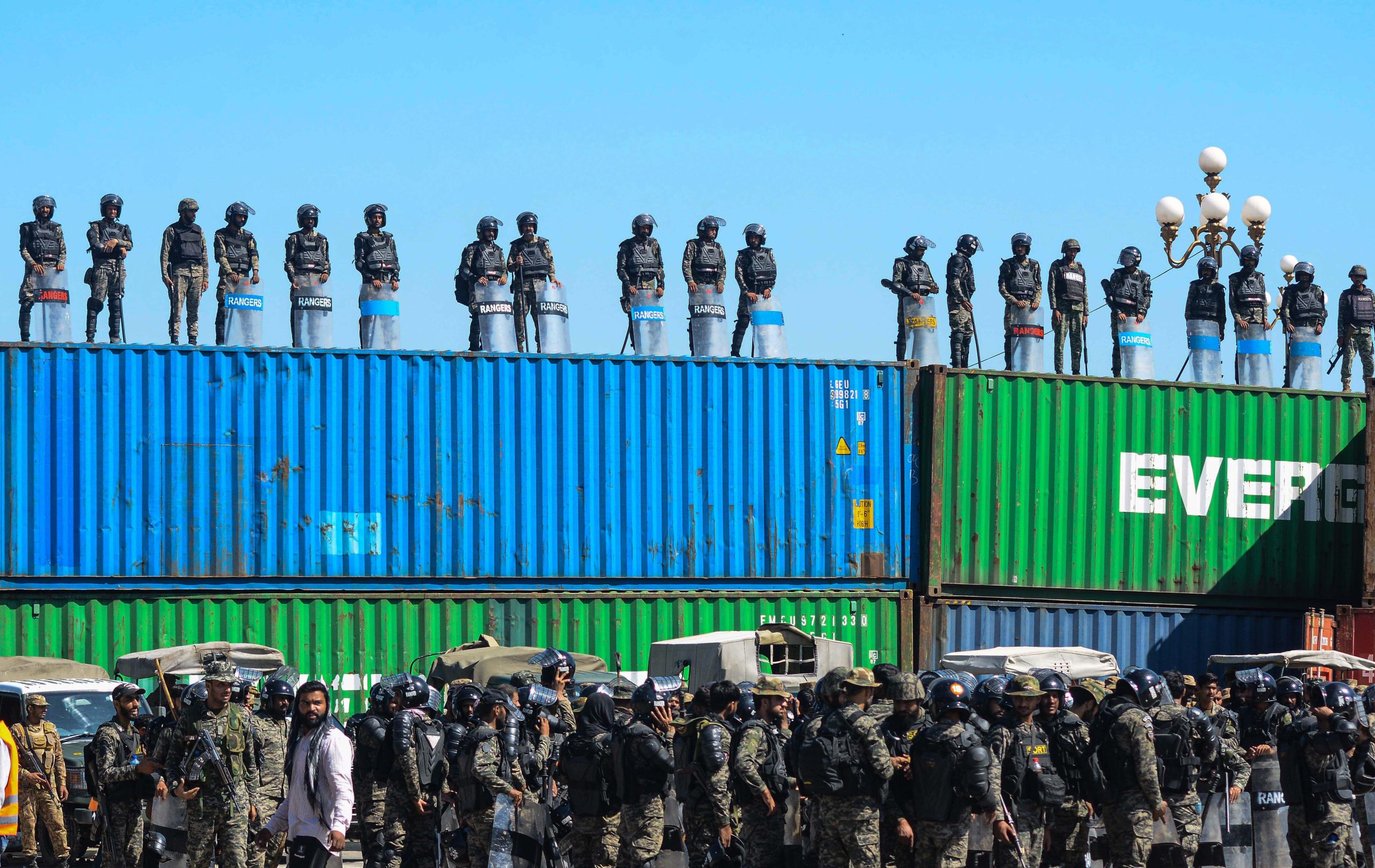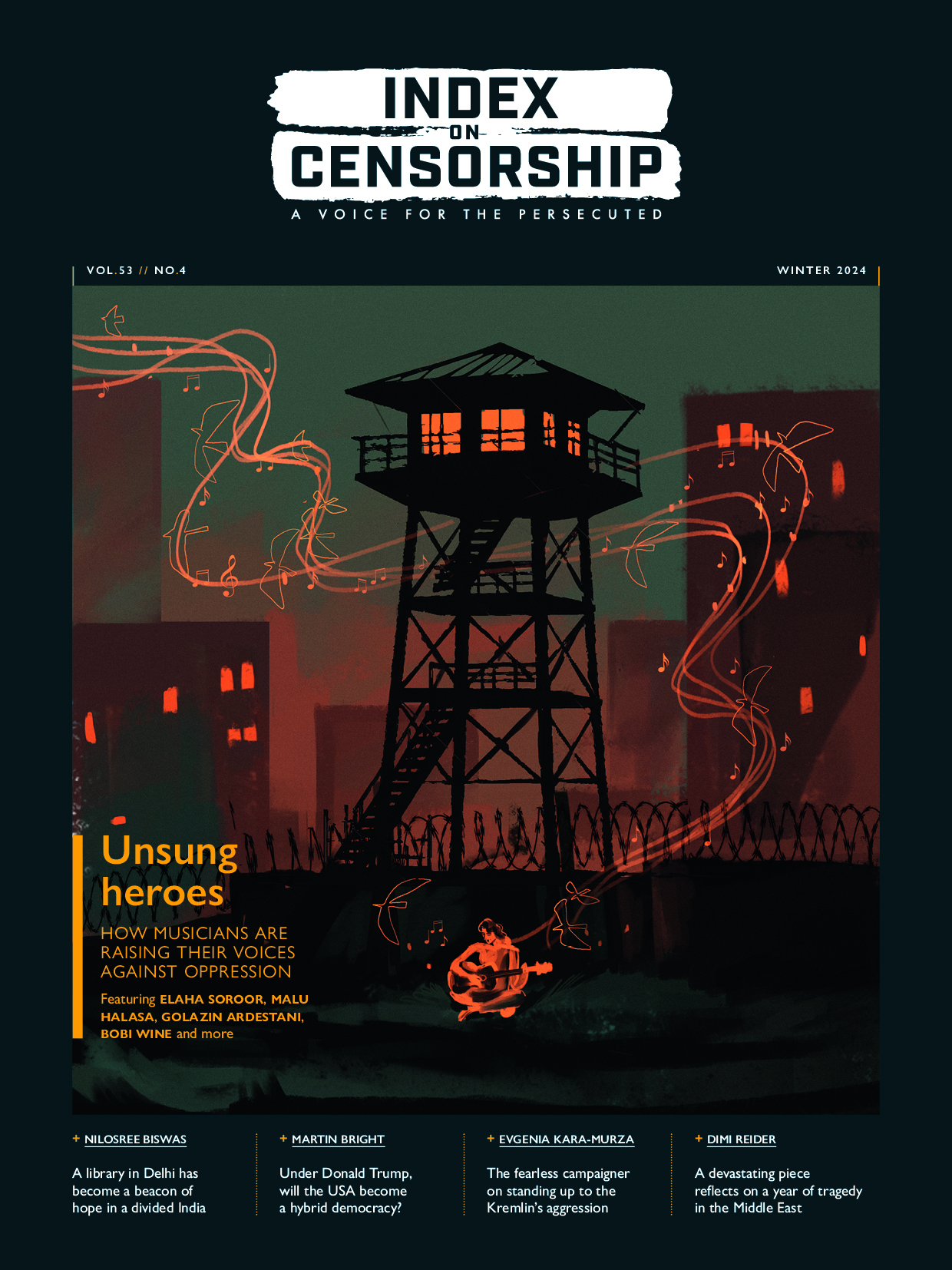Click on the dots for more information on the incidents.
Each week, Index on Censorship’s Mapping Media Freedom project verifies threats, violations and limitations faced by the media throughout the European Union and neighbouring countries. Here are five recent reports that give us cause for concern.
Belarus: Independent TV journalists detained and threatened by police
21 June, 2016 – Freelance journalist Kastus Zhukouski and cameraperson Alyaksei Atroshchankau who work for Poland-based Belsat TV, were detained in the town of Loyeu, in Homel region, Belsat channel reported.
The two media workers were filming a local brick factory for a story about poor economic conditions in Belarus.
“The police came, and brutally detained me and my colleague Alyaksei. We were taken to the police department, to the control room. They seized the equipment from our hands, broke it. I was knocked down to the floor, handcuffed, a man pressed a knee against my head. He called himself Deputy Chief Henadz Madzharski”, Kastus Zhukouski told BelaPAN.
The journalist also said he had high blood pressure. An ambulance was called and he was given an injection.
Zhukouski and Atroshchankau spent six hours at the police station. No police documents were drawn up despite threats to do so, the channel reported. It is unclear if the journalists have been charged with anything.
Szukouski and Atroshchankau filed requests to the Investigative Committee of the Republic of Belarus asking them to investigate actions of the police.
Journalists working for Belstat have been repeatedly detained and fined in the Homel region.
Belgium: Justice minister seeks to increase sentence for divulging confidential information
20 June, 2016 – Belgian justice minister Koen Geens announced his intention to double the length of a prison sentencing for divulging confidential information, in cases where professional confidentially is breached, newspaper La Libre Belgique reported.
According to the Belgium General Association of Journalists, the move is meant to include it amongst the category of offenses which allow specific investigative methods such as phone-tapping or electronic tracing.
“Journalistic sources have to be protected“, the Association stated, reminding of the 7 April 2015 law protection journalistic sources.
A second proposed law is also worrying journalists, which would enable the intelligence service to scrape the protection of a professional journalist if he/she is not considered a real journalist.
France: Two independent journalists detained while covering protest
23 June, 2016 – Two independent journalists were arrested while on their way to a large protest against the proposed labour law in Paris, Liberation reported.
Gaspard Glanz, from independent website Taranis News, which covers clashes that take place during protests closely, and Alexis Kraland, were detained by police forces.
Ganz tweeted about the conditions, writing: “There’s 12 of us in total in the van. It’s 40 degrees. No water, no air”.
On Periscope, the people in the truck can be seen saying why they were arrested, generally because they were wearing protective material meant to protect them against tear gas.
According to a Taranis News tweet, journalists were arrested for “forming a gathering with the intention of committing an offense“.
Poland: Anti-terrorism law allows blocking of online media
22 June, 2016 – A new anti-terrorism law has come into effect on 22 June after it was ratified by the Polish President Andrzej Duda, wiadomosci.gazeta.pl. The law was successfully passed by two parliamentary chambers of the Sejm earlier this month.
The law gives Poland’s intelligence agency, the ABW (Agencja Bezpieczeństwa Wewnętrznego), the right to “order the blocking or demand that the electronic open source service administrator block access to information data”, thereby giving the agency the right to shut down online media outlets, including websites and television programmes, Kulisy24 reported.
Websites can be blocked for up to five days prior to obtaining permission by higher prosecution authorities, and up to 30 days if permission is granted, with the option to renew it for up to three months.
Authorisation for a temporary access ban can also now be granted by the minister of justice. The legislation does not grant power to the source administrator to appeal against such a decision.
Lawyer and expert on surveillance legislation, Prior Waglowski, told the website money.pl: “Blocking…has to occur under judicial supervision… which is not given here. These propositions are taken out of the blue”. He underlined that the definition of terrorism provided is very loose and is up to the discretion by effectively two persons.
Watchdog website Kulisy24 criticised the legislation, writing that it is not known how blocking will be executed and that the ABW is not obliged to publish its blocking order.
The Polish NGO Fundacja Panoptykon started a petition against the law in late April and collected just short of 8,690 signatures by 20 June. Together with the NGO e-Państwo, it also published a protest letter addressed to the Polish president, which was shared by a number of media and NGOs, including the Helsinki Foundation of Human Rights.
Turkey: Investigation opened against journalists for solidarity campaign
In a developing incident reported to Mapping Media Freedom on 18 May 2016 Turkish judicial authorities have opened an investigation against five journalists and trade unionists for participating in a solidarity campaign with the Kurdish daily newspaper Özgür Gündem.
The journalists include Ertugrul Mavioglu, Faruk Eren, Ayse Düzkan, Mustafa Sönmez and Melda Onur.
The Co-Editorship-in-Chief campaign was launched by Özgür Gündem daily on 3 May, 2016 for World Press Freedom Day (#WPFD) where up to 16 journalists participated.
Requests have been filed for the journalists and trade unionists to testify for articles that are being considered “terrorist propaganda” and an “incitement to crime” which were published whilst they participated in the solidarity campaign.
“This is another dark day for media freedom in Turkey,” said Johann Bihr, the head of RSF’s Eastern Europe and Central Asia desk. “Erol Önderoglu has fought tirelessly to defend persecuted journalists for the past 20 years. He is a leader in this field because of his honesty and integrity, which are recognised the world over. It says a lot about the decline in media freedom in Turkey that he is now also being targeted.”
UPDATE: On 25 May, 2016 – Journalist Erol Önderoglu has been added to list of journalists being investigated for “terrorist propaganda” for participating in the solidarity campaign with Özgür Gündem, The European Federation of Journalists (EFJ) reports. EFJ demands that all criminal charges be dropped against him and the other journalists involved in this campaign.
UPDATE: 20 June, 2016 – A prosecutor has issued a warrant for the pre-trial arrest of ad interim editor-in-chief Özgür Gündem Şebnem Korur Fincancı, Bianet journalist and RSF representative Erol Önderoğlu and author Ahmet Nesin.
UPDATE: 20 June, 2016 – Following a court decision, Şebnem Korur Fincancı, Erol Önderoğlu and Ahmet Nesin were arrested around 17.00.
Mapping Media Freedom
|






